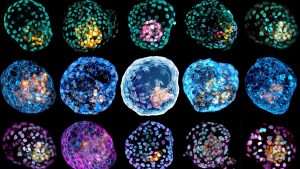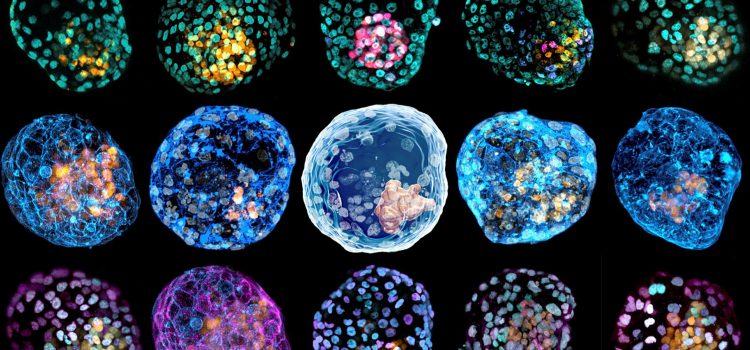
This article is designed for individuals with a background or interest in biotechnology, genetics, and reproductive science. Readers who want to stay up-to-date with the latest advancements in human embryo replication and its potential implications will benefit from this content.
Introduction:
In the realm of biotechnology, few names shine as brightly as Jennifer Doudna’s. Renowned for her revolutionary contributions to the field, particularly her groundbreaking work on the CRISPR-Cas9 gene-editing technology, Doudna’s expertise lends a critical perspective to understanding the latest developments in human embryo replication. In this article, we delve into the intricate landscape of advancements in this domain, shedding light on their significance and potential impact.
The Evolution of Human Embryo Replication
Human embryo replication has traversed a remarkable journey, from its tentative beginnings to the sophisticated achievements of today. The historical context reveals the gradual unraveling of the complex processes governing embryonic development. Early attempts at replication were rudimentary, but they paved the way for breakthroughs that opened the door to replicating embryonic environments more accurately. As scientific understanding grew, researchers like Doudna played pivotal roles in reshaping our grasp of human development.

Unveiling the Latest Technological Milestones
Recent years have witnessed an explosion of breakthroughs in human embryo replication, each contributing a piece to the intricate puzzle of life. Enhanced culturing techniques have allowed scientists to mimic the conditions necessary for embryonic development, providing unprecedented insights into cellular interactions. Notable achievements include the recreation of organoids, miniature versions of human organs, within lab settings. Such milestones not only deepen our understanding of human development but also hold immense promise for drug testing and disease research.
Ethical Considerations in Human Embryo Replication
As science propels us forward, ethical dilemmas emerge in its wake. The concept of replicating human embryos raises profound questions about the definition of life and the limits of scientific intervention. Doudna’s expertise extends beyond the laboratory; she’s an advocate for thoughtful ethical discourse. The ability to replicate human embryos with increasing accuracy prompts discussions about the rights and protections owed to these entities, even at their earliest stages. Striking a balance between scientific progress and moral responsibility becomes a challenge that demands our attention.
Paving the Way for Future Applications
The main goal of this article is not only to highlight the present state of human embryo replication but also to illuminate its potential future applications. The knowledge gained from these replicas could revolutionize fertility treatments, enabling more personalized approaches. Furthermore, these advancements could lead to breakthroughs in understanding and treating developmental disorders. Imagine the impact on regenerative medicine if scientists could harness the potential of embryonic replication to create replacement tissues or organs. While these applications are yet to fully materialize, they offer a tantalizing glimpse into what the future might hold.
Conclusion:
In a field where innovation unfolds at a rapid pace, Jennifer Doudna’s expertise serves as a guiding light. The journey through the complexities of human embryo replication underscores its importance in advancing our understanding of human development and potential medical breakthroughs. By offering new ideas, insights, and ethical considerations, this article seeks to not only inform but also inspire discussions that shape the future of biotechnology.










